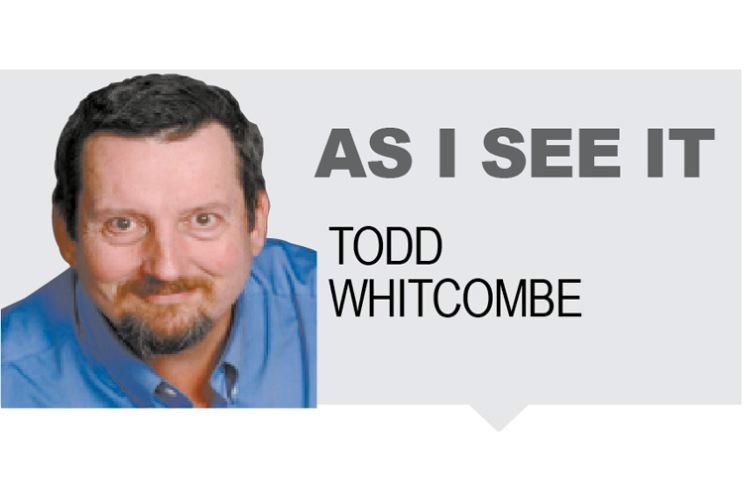Last week, the Minister of Finance Bill Morneau tabled the 2019/20 Budget.
It was met with an unseemly display by the Opposition in which they repeatedly chanted, jeered, and carried on with such vigour that no one could hear the minister speak. The Speaker of the House shut down all of the microphones but it didn't help.
I say "unseemly" but perhaps "childish" would be a better term. Yes, getting to the bottom of the Jody Wilson-Raybould affair is important but by protesting in the house during the reading of the budget speech, the Opposition did neither themselves nor the public a favour.
If I was leading the Opposition right now, I would stop talking about the whole affair and let it play out on its own. The Liberals seem to be doing a good job of shooting themselves in the foot all by themselves. They don't really need a hand at this point.
Instead, I would use the time devoted to the budget to focus on the budget. It has an interesting take on our finances going forward but perhaps more importantly, it is not the balanced budget we were promised during the last campaign and in the first budget after the election. Essentially, the government is once again putting off the payments for another year.
Why is that? And what would the Conservatives, for example, do differently?
After all, the last two times the Conservatives were in power, they ran up the national debt to record levels and in unprecedented fashion. For a party which claims to be fiscally conservative, it is hard to understand how they can be so irresponsible with our money.
Perhaps this is why Minister Morneau's speech was turned into a tantrum about a completely different issue. It allowed the members of the opposition to avoid providing an alternative vision for our finances. After all, if you can't beat them with logical sound arguments, maybe a smoke screen is the next best approach.
However, as the Conservatives have yet to provide us with a vision of how they would handle the economy, we are left to speculate based on their previous performance. And in this case the Liberals win, hands down.
The central theme of the budget was "Investing in the Middle Class." The Liberals argue they have been doing this since day one and it has resulted in well-paying jobs, a stronger and more connected country, and opportunities for our youth and Indigenous people.
They claim the creation of 900,000 jobs over the past four years - most of which are full time and 54 per cent going to women in the last year alone. Their stewardship has led to the lowest unemployment rate in 40 years.
Our economy hasn't led the world in growth, but that is to be expected as some countries are so far behind and racing to catch up. But within the OECD, we are doing very well and amongst the G7, we are second to the U.S.
If, as pundits often say, "It's the economy, stupid," then the Liberals have done their job. They have strengthened the middle-class. They have provided a stronger economy. They have lowered unemployment or increased employment rates. They have engaged in diversification. They have done much for the average Canadian and haven't really disadvantaged the rich.
To my mind, this is one of the hallmarks defining the different approaches taken by the Liberals and the Conservatives. Under the previous Conservative governments, the approach taken was to give big tax cuts to the wealthy so they will spend their money in a way that it trickles down to the middle class. Give the rich more and everyone else will benefit.
Except it doesn't actually work. Instead, we have a ridiculous situation where the average CEO earns as much money in their first day of work in any given year as their average employee makes in 365 days. How is this allowed to happen? The Conservative argument is wealthy people will give to and provide for those less fortunate. But is this really the case?
The Liberals take a much more direct approach. Instead of providing for the top few earners and hoping the largess will wind its way downward, they are targeting the middle class directly. It is the Henry Ford approach - if you want people to buy your cars, you need to pay your workers well so they can afford them.
The budget does run a deficit, although the $22.8 billion being bandied about is over the next five years. But the deficits are a consequence of previous policy which shed responsibility by providing tax cuts to the top earners thereby limiting revenue. Federal revenue growth is falling behind real growth. That is for another column, though.



